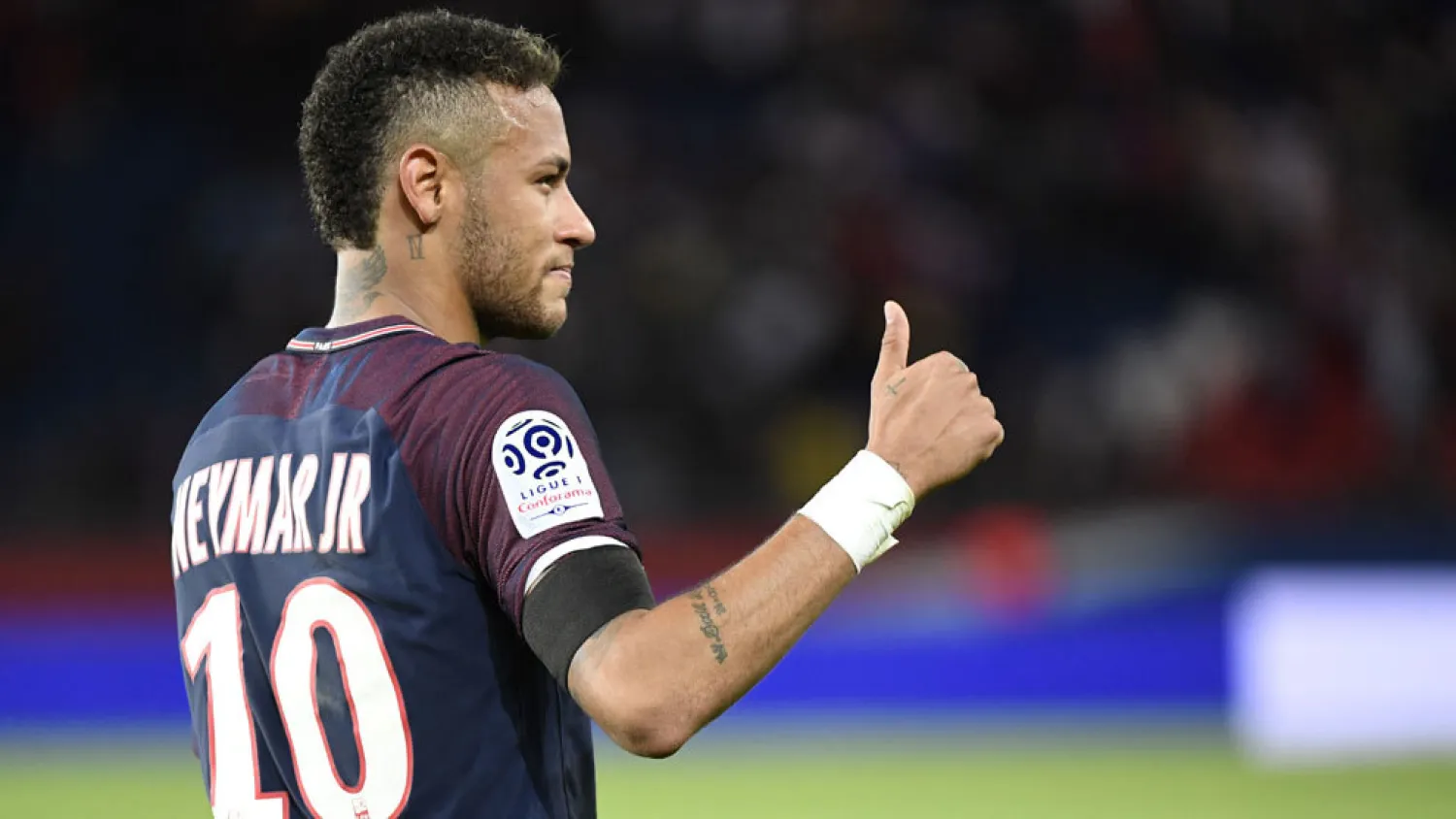Ignore the noise. If you were one of the millions tuning in to television, radio or social media on transfer deadline day on January 31, then I expect you would have found it impossible to escape the hype and hullabaloo of the mega money‑go‑round we call the transfer window. Even we players (and coaches and clubs) get caught up in the excitement of the comings and goings but I wonder if, in all the millions being thrown about, we are losing sight of what’s really important in football.
The legendary New England Patriots coach Bill Belichick could never be accused of lacking focus and “ignore the noise” is the statement that has become synonymous with him – it’s plastered all over the Patriots’ training ground, stadium and locker rooms. On February 5, Belichick and his quarterback Tom Brady lost to the Philadelphia Eagles in the Super Bowl.
Despite the loss, they remain the most successful coach/quarterback combination in the history of the sport and their way of working is something that we as players, coaches and supporters can take, learn from and apply to our thinking in terms of our outlook on our football – especially in terms of recruitment and not being influenced by external pressures while concentrating on the most important elements of sport: how to affect what is happening on the field of play.
Ignore the noise is a way of reminding everyone working for the organization to focus on the fundamentals, to improve their basics every single day in order to achieve long-term, consistent success and not to lose focus. Belichick is the NFL’s equivalent of Sir Alex Ferguson in the Premier League, building and rebuilding his roster without fuss and in turn having long-term consistent success, culminating in his eighth Super Bowl appearance, the most by a head coach.
Ferguson famously responded to winning trophies by telling his players the next day they should forget about the medals and celebrations and focus on the next challenge. At Manchester United he created a legacy famous for finding, developing and coaching the Class of ‘92 – a group of young players no one had heard of – and turning them into multiple champions.
So did Belichick with Brady, who is the undisputed biggest name in the sport but was an unwanted, unheralded and unknown player when drafted by New England. Brady is a fantastic example that doing all of the ugly stuff – improving technically in training, watching and studying film and working in the gym – is the best way of guaranteeing a consistent level of performance in any sport as opposed to how much money is spent on a high-profile signing.
The more I watch elements of the game analyzed, discussed and commentated on by our media, especially the ever-increasing hype, razzmatazz and over-analysis surrounding the transfer window, the more I wonder if we are forgetting the most important influence on the outcomes of football matches. With the incredible amount of money flowing into the game and the huge numbers being quoted for players in terms of transfer fees and wages, there seems to be a growing pressure for clubs to show their ambition, which apparently can be gauged only by the amount of money they spend on a big-name transfer while following up with the most elaborate player introductions possible on official social media accounts or cleverly designed videos on websites.
I realize the need for every club to improve the personnel within their squads and I understand the excitement when a signing comes in who can reinvigorate the belief that this will be the time when the club could progress to a whole new level. But the cynical and unromantic view is that it is what happens in the less glamorous aspects of our game at our training grounds, in the gym and in analysis rooms that can really make all the difference between winning and losing on a Saturday afternoon week after week.
The reality is that you can break the transfer record or pay a player the highest salary in the history of the sport but if you don’t do things correctly at the base level then you’re going to find achieving success difficult. Sometimes the noise created by a marquee signing can have a negative effect in the dressing room or on the collective and you only have to look at the stories of discontent at Paris Saint-Germain following Neymar’s signing as an example.
At Hull, we went on an FA Cup run in 2014 and our unfashionable and little-fancied team reached the final against Arsenal. While the hype and hysteria that followed us to Wembley raged, we concentrated on practicing our attacking at set plays on the training ground because we felt our opponents could be vulnerable at dead-ball situations. We scored twice from exactly that play and gave the Gunners a hell of a game.
Belichick and Brady no doubt had their own special plays ready for the Super Bowl and, while the melee ensued around the greatest show on earth, you can be sure that the men at the heart of the Patriots remained as calm as ever. And ignored the noise.
The Guardian Sport









